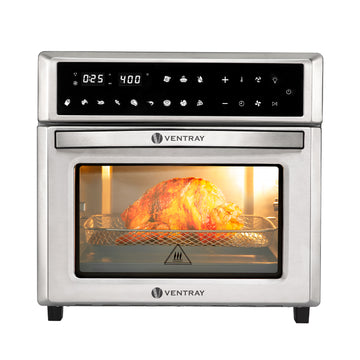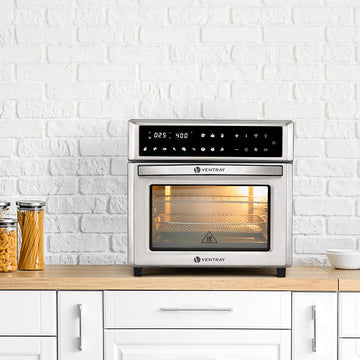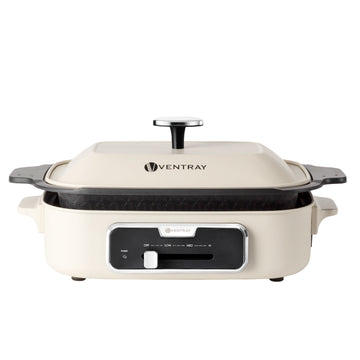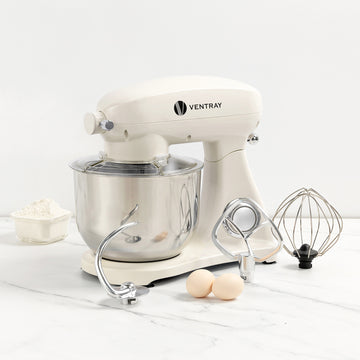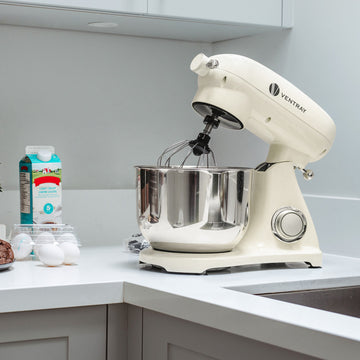Pros and Cons of a Smokeless Indoor Grill
Pros and Cons of a Smokeless Indoor Grill
Pros and Cons of a Smokeless Indoor Grill
Indoor grilling has become increasingly popular, offering a convenient and weather-independent option for enjoying grilled foods. A significant innovation in this space is the smokeless indoor grill. While it promises a hassle-free grilling experience inside your kitchen, it's important to weigh its advantages and disadvantages to determine if it's the right fit for your culinary needs.
What is a Smokeless Indoor Grill?
Before diving into the pros and cons, let's understand what a smokeless indoor grill is. Unlike traditional outdoor grills, these are compact devices designed for indoor use. They typically utilize electric heating elements and are engineered to produce minimal smoke, making them suitable for indoor environments.

Advantages of a Smokeless Indoor Grill
1. Convenience and Ease of Use
One of the primary benefits of a smokeless indoor grill is its convenience. You can grill your favorite foods anytime, regardless of the weather outside. The Ventray Essential Every Grill exemplifies this convenience with its user-friendly design and easy-to-clean features.
2. Healthier Cooking Options

Smokeless indoor grills often come with features that promote healthier cooking. For instance, they usually have non-stick surfaces and some even have grease management systems to reduce the amount of oil needed for cooking and to channel away excess fat.
3. Safe and Smoke-Free Environment
The major appeal of smokeless grills is their ability to cook food without filling your home with smoke, which is especially beneficial for those living in apartments or without access to outdoor spaces.
4. Temperature Control
These grills typically offer precise temperature control, allowing for consistent cooking results. You can easily adjust the heat to suit different types of food, from vegetables to meats.
Disadvantages of a Smokeless Indoor Grill
1. Size Limitations
Smokeless indoor grills are often smaller than their outdoor counterparts. This means you may have limited space for grilling, which can be a drawback when cooking for larger groups.
2. Flavor Differences
While a smokeless grill can cook your food well, some may argue that it doesn't impart the same smoky flavor associated with traditional outdoor grilling.
3. Dependence on Electricity
These grills rely on electricity, which may limit their portability and usage during power outages.

Making the Choice: Is a Smokeless Indoor Grill Right for You?
Deciding whether a smokeless indoor grill is a worthwhile investment depends on your specific needs and preferences. If you're someone who values convenience and indoor usability, it could be an excellent choice. On the other hand, if you're all about the traditional smoky flavor of outdoor grilling, you might find it lacking.
For a deeper understanding, consider reading about whether an indoor smokeless grill is worth buying and how it compares to indoor grills versus outdoor grills.
Enhancing Your Indoor Grilling Experience
To get the most out of your smokeless indoor grill, here are a few tips:
- Experiment with Recipes: Explore a variety of recipes that are tailored for indoor grilling. This can help you make the most of your grill's capabilities.
- Proper Maintenance: Regular cleaning and maintenance will ensure your grill remains in good condition and lasts longer.
- Safety First: Always follow the manufacturer's instructions to ensure safe operation.
For more insights and inspiration, check out resources like Serious Eats and Food Network, which offer a wealth of information on indoor grilling recipes and techniques.
Conclusion
The smokeless indoor grill presents a modern solution for grilling enthusiasts who prefer or require an indoor option. Its convenience, safety, and health benefits make it an appealing choice for many. However, it's important to consider the trade-offs in terms of size, flavor, and cost. By understanding both the pros and cons, you can make an informed decision that best suits your lifestyle and culinary preferences.
